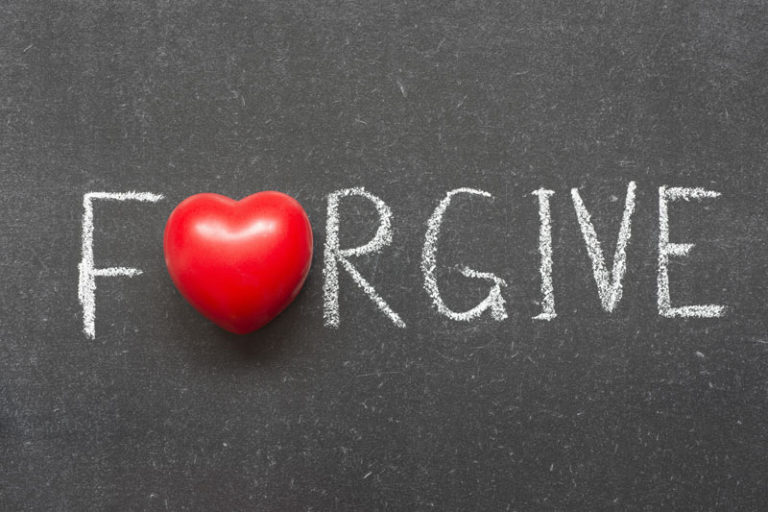“Love begins with a smile, grows with a kiss, and ends with a teardrop.”~ Anonymous
 The ending of a relationship can be very difficult, even traumatic, especially if you did not want it to end. It can be like a death, and you may go through stages similar to those experienced in grieving.
The ending of a relationship can be very difficult, even traumatic, especially if you did not want it to end. It can be like a death, and you may go through stages similar to those experienced in grieving.
The stages can occur in any order and may repeat. They include some or all of the following:
1) Denial – one has the sense that this cannot be happening, or that the situation will change, 2) Anger- here the denial gives way to feelings of “Why me? It’s not fair?” How can this happen to me?; along with feelings of blame,
3) Bargaining- “Maybe it doesn’t have to end?” “Maybe we could try again?’ “Give me another chance.” 4) Depression – here the sadness and fears for the future set in. One may fear being lonely, being alone forever, never being happy again,
5) Acceptance- finally one accepts the reality of the situation and understands the need to try to move on.
Some may get stuck, holding on to the past, and never really get to the acceptance stage. They may stay with the anger, or remain depressed because they keep looking back, rather than trying to create a future.
In order to move beyond survival, and to actually thrive, we have to adopt a more positive perspective. We need to consider that perhaps everything does happen for a reason, and that our lives indeed are unfolding as they should. Often we need to move way into the future before we can look back and see that the worst thing that could have happened turns out to be the best thing.
When taking a road trip you do not spend all of your time looking out the rear-view mirror. In the journey of life, it is wise not to do that either.
Copyright © Gwen Randall-Young, All Rights Reserved. Contact us if you would like permission to reprint.
Related MP3s Available:
When Relationships Break Down
Conflict Resolution in Relationships
Trust and Fidelity
Codependency and Projection
Relationship Healing




 It is always difficult when a marriage ends. Naturally, especially if there are children involved, we hope there is some way the couple could find a way back to the happiness that brought them together in the first place.
It is always difficult when a marriage ends. Naturally, especially if there are children involved, we hope there is some way the couple could find a way back to the happiness that brought them together in the first place.
 Sometimes a relationship becomes so difficult that partners begin to question whether it is worth trying to save it. How do you know when it is time to quit?
Sometimes a relationship becomes so difficult that partners begin to question whether it is worth trying to save it. How do you know when it is time to quit?
 Life often surprises us in unexpected and unpleasant ways. When we get married, most of us assume we will share the rest of our life with our beloved. We see ourselves building a life: getting a home, perhaps having a family, enjoying graduations and weddings, retirement and being grandparents together.
Life often surprises us in unexpected and unpleasant ways. When we get married, most of us assume we will share the rest of our life with our beloved. We see ourselves building a life: getting a home, perhaps having a family, enjoying graduations and weddings, retirement and being grandparents together.
 Emotional affairs can be very threatening to a marriage. An emotional affair is when two people form a strong bond and begin to share more and more of themselves with the other. What differentiates an emotional affair from a friendship?
Emotional affairs can be very threatening to a marriage. An emotional affair is when two people form a strong bond and begin to share more and more of themselves with the other. What differentiates an emotional affair from a friendship?
 What is infidelity in a relationship? Generally we think that it involves a sexual incident or relationship with someone else. There are those who deny the existence of infidelity by saying “nothing happened”, meaning, I did not have sex with that person.
What is infidelity in a relationship? Generally we think that it involves a sexual incident or relationship with someone else. There are those who deny the existence of infidelity by saying “nothing happened”, meaning, I did not have sex with that person.
 Lack of forgiveness is one of the things that can keep a relationship from moving forward. If a partner has done something that hurt us, we have some decisions to make.
Lack of forgiveness is one of the things that can keep a relationship from moving forward. If a partner has done something that hurt us, we have some decisions to make.
 Can a marriage be saved when there has been infidelity? It depends. It depends on so many things. I have seen marriages be destroyed when there has been betrayal, and I have seen others grow stronger.
Can a marriage be saved when there has been infidelity? It depends. It depends on so many things. I have seen marriages be destroyed when there has been betrayal, and I have seen others grow stronger.
 A strong couple relationship requires honesty and openness. To feel an intimate connection with our partner, we need to really know him or her. Our partner cannot truly know us if we keep parts of ourselves, or our lives, hidden.
A strong couple relationship requires honesty and openness. To feel an intimate connection with our partner, we need to really know him or her. Our partner cannot truly know us if we keep parts of ourselves, or our lives, hidden.